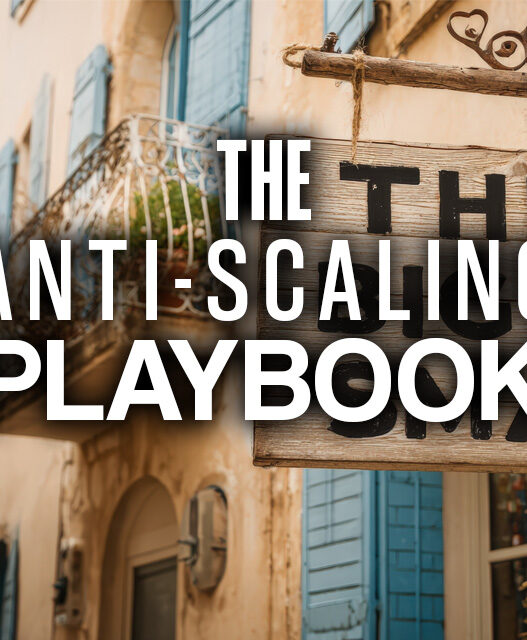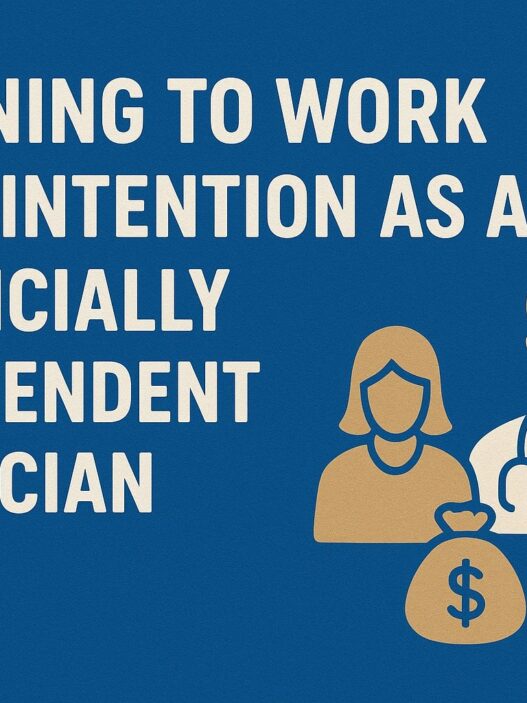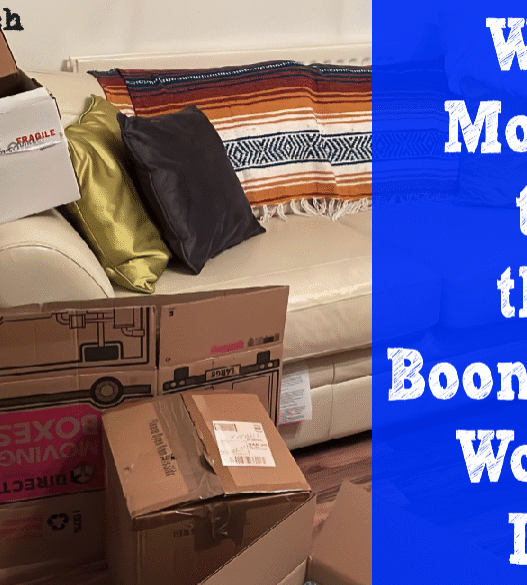It may seem counterintuitive, but sometimes spending money is the most innovative way to save money. Whether it's upgrading your home, maintaining your vehicle, or investing in your health, preventive spending can help avoid large, unexpected costs down the road. While saving money is often about restraint, real financial wisdom lies in knowing when an upfront cost is actually a long-term investment. The idea is simple: a little proactive spending today can protect your future finances from being drained by emergencies, inefficiencies, or overlooked responsibilities.
Safety Isn't Just Smart—It's Financially Sound
When it comes to safety, the cost of prevention often outweighs the price of injury. Consider motorcycle riders: in some states, riders over 21 with adequate insurance can legally go without a helmet. According to Florida Highway Safety and Motor Vehicles, if you're over 21 and have at least $10,000 in medical insurance, you can choose not to wear a bike helmet.
But is skipping the helmet worth the risk? A high-quality helmet may cost a few hundred dollars, but it significantly reduces the risk of traumatic brain injuries, which can result in lifelong medical bills and loss of income. In this case, a small, one-time expense can prevent the potential devastation of both your health and your finances.
Safety gear, home fire extinguishers, and even regular health screenings all fall into the category of preventative expenses that help us avoid enormous medical or legal bills. While these might not feel like exciting ways to spend money, their impact on long-term financial stability is substantial. Choosing to invest in safety is ultimately a smart way to protect both your well-being and your wallet.
Sustainable Upgrades That Pay for Themselves
Energy efficiency is another area where preventative spending pays off over time. Modern homes can be made significantly more efficient through upgrades such as insulation, energy-efficient windows, or solar panels. These changes often come with a high initial price tag, but they significantly reduce monthly utility bills. In fact, according to Energy Sage, you can deduct nearly a third of your solar installation costs directly from your federal taxes, making solar power more affordable than ever.
This kind of spending isn't just about going green—it's about making your money work for you. Solar panels, energy-efficient appliances, and smart thermostats are upfront costs that reduce utility bills for years. In many cases, these improvements pay for themselves within a few years and continue to generate savings long after. What's more, they often increase property value, meaning you could recoup even more of your investment when you sell your home.
Routine Maintenance Avoids Expensive Repairs
One of the most overlooked forms of preventative spending is routine maintenance. Whether it's your car, HVAC system, or even your plumbing, skipping regular maintenance might seem like a way to save money in the short term, but it often leads to much higher repair costs later. For example, ConsumerAffairs reports that in 2023, the average cost of motor vehicle maintenance and repair increased by 6.5% in the United States. This means delaying even minor repairs could cost significantly more in the near future.
Oil changes, tire rotations, brake checks—these all seem minor until a neglected issue leads to a breakdown or a costly repair. Spending money on maintenance keeps systems running efficiently and extends their lifespan. It's much like going to the dentist regularly instead of waiting until you need a root canal. The choice to maintain rather than react is one of the clearest examples of how spending money wisely prevents financial setbacks.
Final Words
Spending money to save money may not offer the immediate gratification of cutting costs, but it's a crucial part of responsible financial planning. Whether it's investing in safety equipment, upgrading your home for energy efficiency, or keeping up with routine maintenance, preventative expenditure creates a buffer between you and the high cost of emergencies. By strategically spending money now, you protect your future and create greater financial flexibility. In the long run, prevention isn't just practical—it's profitable.
The post Spending Money to Save Money: The Value of Preventive Expenditure appeared first on MoneyMiniBlog.



















